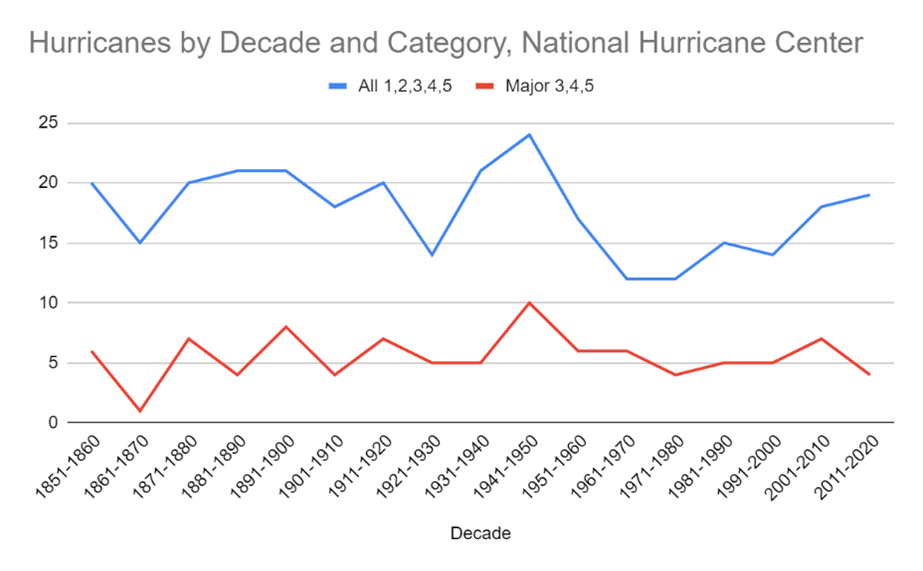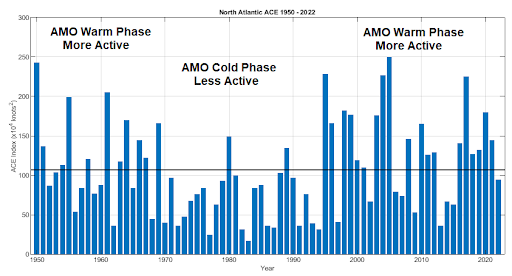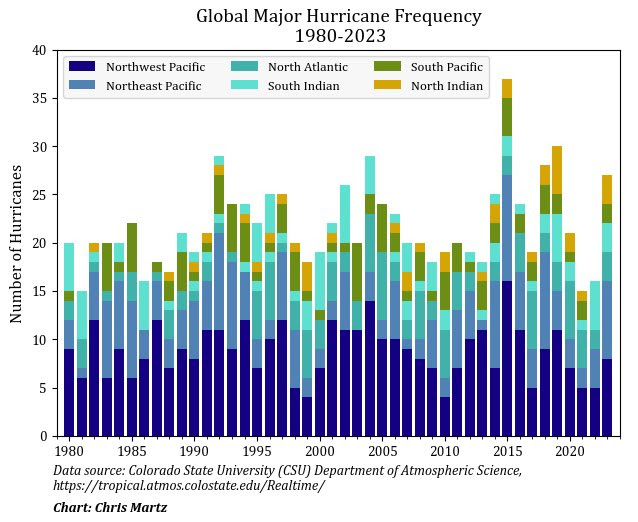It’s all too easy to conflate the roles of political parties with those of public policy “think tanks.” Both gravitate around policy ideas falling along conservative or progressive lines, and their supporters tend to divide along those same lines, as well. Advocacy of progressive ideas is usually driven by Democratic elected officials, while those backing conservative solutions tend to be Republicans.
But there are differences between political parties and think tanks, especially during election season.
Once nominations are over, political parties support their candidates regardless of the ideas espoused by those candidates. Public policy organizations support good ideas, regardless of what candidate advocates them.
Political parties put their focus on getting supporters to vote by the first Tuesday in November. Policy organizations try to persuade the public in order to have a lasting impact on public policy. They play the long game, working to shift public opinion so ideas become acceptably within the Overton window of opportunity.
Unfortunately, candidates and their political parties are often focused on slapping together platforms that give away candy, ice cream and unicorns in the pursuit of votes. But policy organizations are in the business of putting together coherent ideas that work and align with their philosophy of governing.
Finally, political parties expect supporters to “circle the wagons,” whatever a candidate’s deficiencies. Perhaps that’s understandable, given the binary nature of Election Day.
But what happens if a bad idea takes hold? Sometimes that means calling out wrong ideas, even if they’re coming from a candidate on your side of the electoral divide.
Both of this year’s presidential candidates have worked overtime creating giveaways that would rival a certain Oprah Winfrey show. It’s all great politics and great show … but lousy policy.
Kamala Harris, of the party more practiced in the art of giveaways, offers new and bigger entitlements (child care, preschool, long term care, and paid leave), price controls (she will decide what grocery prices are too high), more student loan forgiveness (your auto mechanic gets to underwrite your lawyer’s college tuition), and more housing subsidies (which, of course, incentivizes higher housing prices), among other things.
As much as she’s tried to walk back positions she took when first running for president, her platform still appears guided by the words of FDR’s advisor Harry Hopkins: “We shall tax and tax, and spend and spend, and elect and elect.”
Donald Trump is more targeted. Instead of new programs he offers new tax proposals, aimed not at stimulating growth, as his first term plans did, but targeting key constituencies. Among them are eliminating taxes on tips (appealing to tipped workers in the key state of Nevada), ending taxes on Social Security (older Americans), creating a deduction for auto loan interest (Michigan auto workers), ending the limit on the state and local tax deduction (upper middle class and blue state voters), and eliminating the tax on overtime pay (union workers). There’s little pro-growth rationale for a package like this.
While Trump would retain much of his successful Tax Cuts and Jobs Act (much of which Harris would repeal), his newer proposals move away from pro-growth tax reform. Trump proposes a 20 percent tariff on everything imported into the United States (Chinese products would pay 60 percent). But the history of tariffs (here and here) suggests this would merely result in higher prices for the Americans who buy the goods.
As Thomas Jefferson Institute President Derrick Max has pointed out, anything that would suppress trade is bad for America and would have a particularly bad impact on Virginia’s economy, where one in five jobs are trade related and the Port of Virginia contributes $92 billion to the state’s economy.
Still, while the Tax Foundation notes that the tariffs would offset much of the economic benefit of strategic tax reduction, the organization still scores President Trump’s tax proposals as offering positive long-run GDP, wages and jobs. Vice President Harris’ tax proposals create a net loss in all three categories. Both could do better.
Left unspoken is what the candidates will do about the two fiscal “Swords of Damocles” hanging over our children, our grandchildren and the American economy: By 2034, the federal debt will reach $50.7 trillion, and federal spending is already a quarter of the American economy. That’s unsustainable, leaving a tremendous burden on generations to come. Equally urgent is the fact that the Social Security trust fund will be empty in 2035, while Medicare’s trust fund will be gone just a year later – together forcing a 17 percent cut in benefits to future retirees, rising to a 27 percent reduction Either that, or American workers will see a massive increase in their payroll taxes.
Not only have the candidates been silent, but some of their ideas – if left unaltered – would exacerbate the problem.
There is a tendency on the part of activists to believe that all they need do is elect “their guy” and all will be well. It rarely is and it doesn’t end there. Once in office, elected officials feel the push and pull of constituencies that supported them, those that opposed them, and those that could be gained or lost. That often results in bad policies or, more likely from friends, ineffective policies.
And that means – from the start – laying down markers defining what good policy … and bad policy … looks like.
An America that grows and prospers happens when the right people do the right things. Campaigns need to elect the right people. Policy think tanks need to focus on defining and creating a climate that will sustain the right things.




